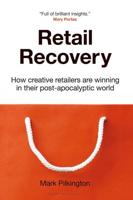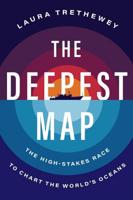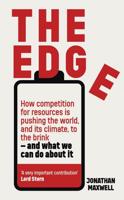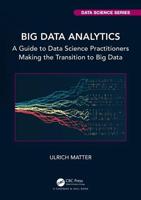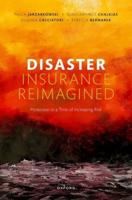Publisher's Synopsis
The retail sector is an integral part of a national economy. From the political economy perspective, all consumer goods have surplus values locked up in them; the surplus values are not realized until the consumer goods are purchased by consumers through various distribution channels. As such, retailing is the essential link between production and consumption.
The success of a retail business depends on two general factors: the location of the retail outlet, and management of the business. Both factors are equally important. If the business is located in the wrong place with the wrong customer base, it will not generate expected sales. Similarly, if the business is poorly managed and operated, it will not perform well even if the location is right. Influenced by both traditional and new location theories, Retail Geography is conceptualized and organized using the retail planning process as the framework. The technical and methodological chapters help guide the reader with detailed descriptions of the techniques and are supported with practical examples to reflect the latest software development.
Retail Geography provides a state-of-the-art summary and will act as a core textbook for undergraduate and graduate students of economic geography interested in specializing in retail and business geography. The practical examples also make it a valuable handbook for practitioners in the field, as well as students of retail management and commercial real estate management.



